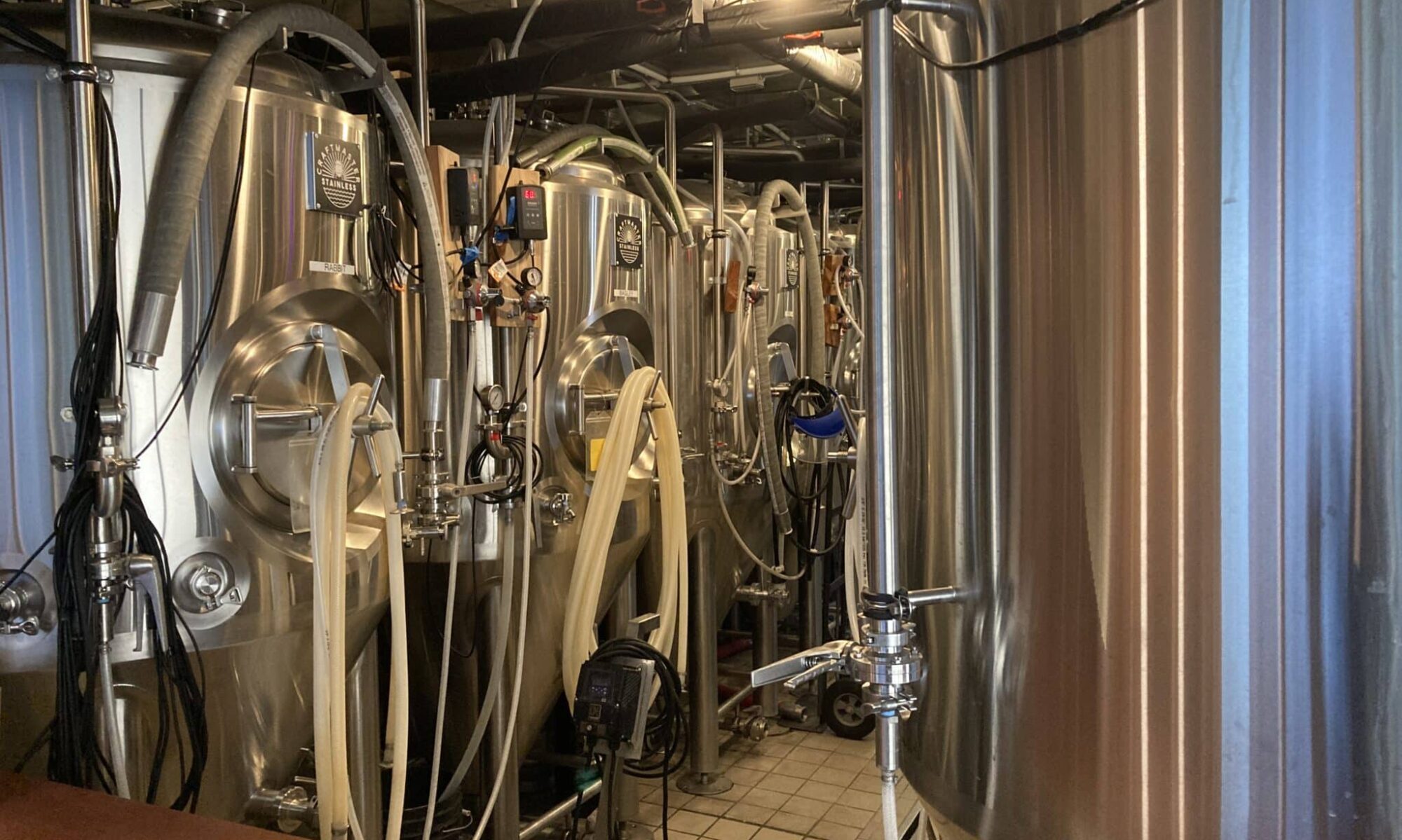1500 Pale Ale from Drakes.


Follow Sean Inman to the best in craft beer
1500 Pale Ale from Drakes.

Gonna get a little techy-geeky-wonky on you but this is excellent info from the BJCP website that will help you judge what a typical, solid Pale Ale should be. To check out the other styles go to http://www.bjcp.org/2008styles/catdex.php
Aroma: Usually moderate to strong hop aroma from dry hopping or late kettle additions of American hop varieties. A citrusy hop character is very common, but not required. Low to moderate maltiness supports the hop presentation, and may optionally show small amounts of specialty malt character (bready, toasty, biscuity). Fruity esters vary from moderate to none. No diacetyl. Dry hopping (if used) may add grassy notes, although this character should not be excessive.
Appearance: Pale golden to deep amber. Moderately large white to off-white head with good retention. Generally quite clear, although dry-hopped versions may be slightly hazy.
Flavor: Usually a moderate to high hop flavor, often showing a citrusy American hop character (although other hop varieties may be used). Low to moderately high clean malt character supports the hop presentation, and may optionally show small amounts of specialty malt character (bready, toasty, biscuity). The balance is typically towards the late hops and bitterness, but the malt presence can be substantial. Caramel flavors are usually restrained or absent. Fruity esters can be moderate to none. Moderate to high hop bitterness with a medium to dry finish. Hop flavor and bitterness often lingers into the finish. No diacetyl. Dry hopping (if used) may add grassy notes, although this character should not be excessive.
Mouthfeel: Medium-light to medium body. Carbonation moderate to high. Overall smooth finish without astringency often associated with high hopping rates.
Overall Impression: Refreshing and hoppy, yet with sufficient supporting malt.
Comments: There is some overlap in color between American pale ale and American amber ale. The American pale ale will generally be cleaner, have a less caramelly malt profile, less body, and often more finishing hops.
History: An American adaptation of English pale ale, reflecting indigenous ingredients (hops, malt, yeast, and water). Often lighter in color, cleaner in fermentation by-products, and having less caramel flavors than English counterparts.